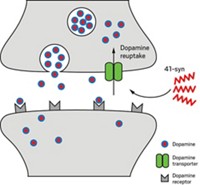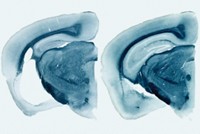Advertisement
Grab your lab coat. Let's get started
Welcome!
Welcome!
Create an account below to get 6 C&EN articles per month, receive newsletters and more - all free.
It seems this is your first time logging in online. Please enter the following information to continue.
As an ACS member you automatically get access to this site. All we need is few more details to create your reading experience.
Not you? Sign in with a different account.
Not you? Sign in with a different account.
ERROR 1
ERROR 1
ERROR 2
ERROR 2
ERROR 2
ERROR 2
ERROR 2
Password and Confirm password must match.
If you have an ACS member number, please enter it here so we can link this account to your membership. (optional)
ERROR 2
ACS values your privacy. By submitting your information, you are gaining access to C&EN and subscribing to our weekly newsletter. We use the information you provide to make your reading experience better, and we will never sell your data to third party members.
Biological Chemistry
Gene Deletion Linked To Autism In Mice
New mouse model highlights the importance of APC protein in neuronal development
by Elizabeth K. Wilson
June 23, 2014
| A version of this story appeared in
Volume 92, Issue 25
The deletion of a single gene in the forebrain neurons of mice causes autistic-like behavior and intellectual disability, scientists report (Mol. Psychiatry 2014, DOI: 10.1038/mp.2014.61). Recent research from the lab of Michele H. Jacob at Tufts University and colleagues had shown that changing the function of a protein called adenomatous polyposis coli (APC) in the brains of mice prevents normal synapse maturation (J. Neurosci. 2010, DOI: 10.1523/jneurosci.0983-10.2010). Now, Jacob’s group has engineered mice with a conditional—in this case, forebrain-specific—knockout of the gene that produces APC. These mice develop hallmark memory and learning impairments, increased repetitive behaviors, and decreased social interest. Scientists have identified myriad genetic disruptions that increase the risk of autism and intellectual disability, but the effect of APC gene loss has implications beyond these conditions in terms of the overall role APC protein plays in the developing brain. The authors found hippocampal changes in the knockout mice that interfered with signaling pathways. They note that these changes are similar to those caused by the mutation of another gene, CHD8, which has also been implicated as a risk factor for autism. “Thus our findings are relevant to autism and intellectual disabilities caused by other human gene mutations, not only APC,” Jacob says.




Join the conversation
Contact the reporter
Submit a Letter to the Editor for publication
Engage with us on Twitter